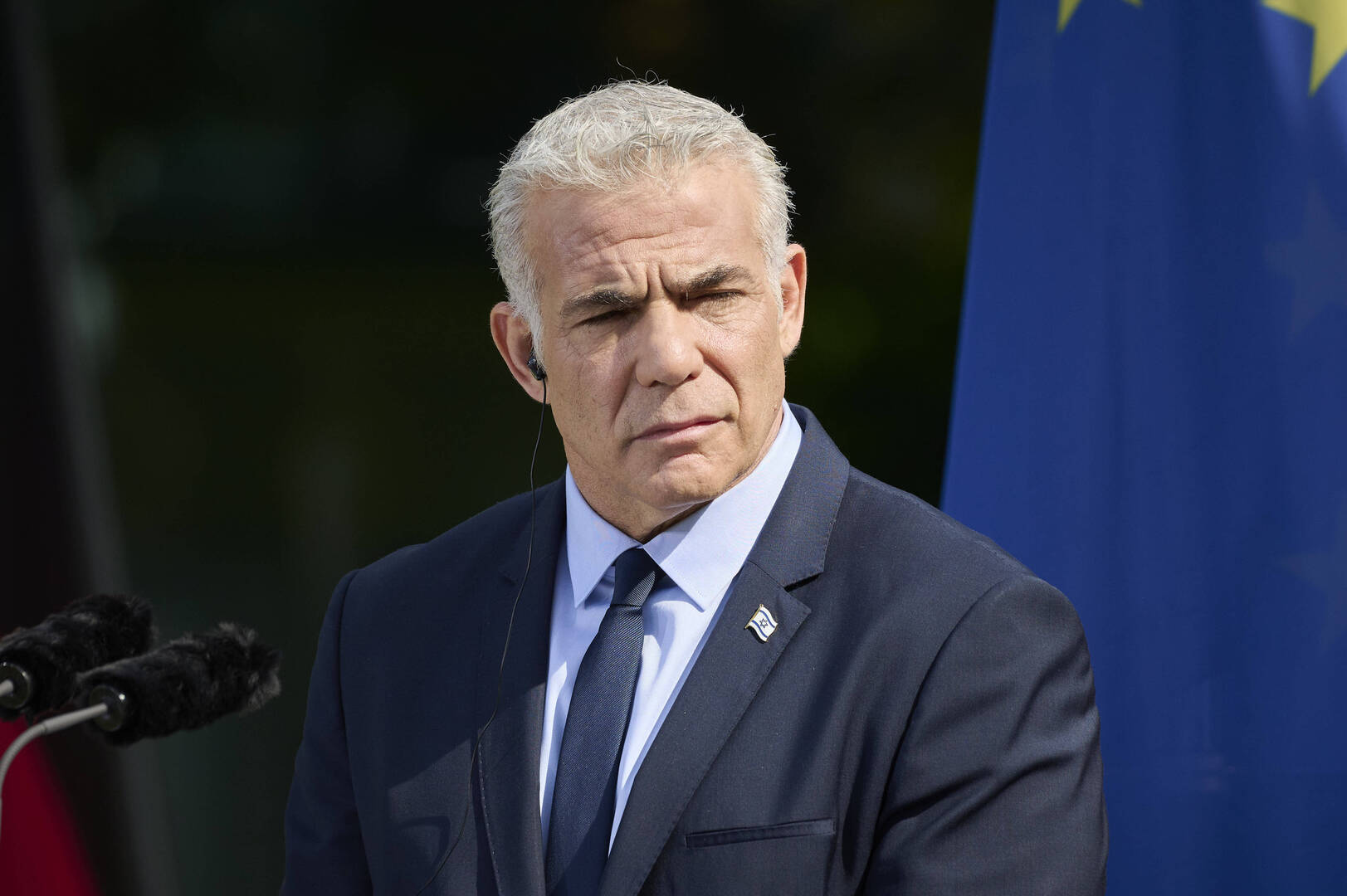On Twitter published on the X platform, Lapid said: “Fifteen billion dollars will cost him the human city look at Rafaha, we can reduce the size of the classrooms of our children, reduce fuel and public transport prices, support kindergartens and kindergarten. This is only the beginning. “
He added: “This money will not return, Netanyahu unleashes Smatikh and Ben Gaffir for their extremist nonsense simply in order to preserve his coalition. Instead of plundering the money of middle -class representatives who will stop the war and return the abducted ones, “referring to the need to direct resources to end the war and returning raiders instead of projects, which he described as“ not -lari ”.
And the “human city” in Rafaha is a project planned by the Israeli government in order to transport and collect about 600,000 Palestinians from gas in an isolated area in the southern part of the gas sector located between the “Philadelphia” and “Murraj” on the ruins of the city of Rafach.
The plan is aimed at, according to the Israeli report, to “separate civilians from armed groups”, subjecting residents by strict security checks and not allowing them to leave the region later.
Palestinian and international sources describe this project as a policy of mass displacement and systematic isolation, where displaced people are forcibly transferred from other areas in the strip to this region under the full control of the Israeli army. Israel also plans to have points of distribution of assistance in the humanitarian city, bearing responsibility for supervision of the help of countries and international organizations, and not directly for the United Nations.
Source: RT
